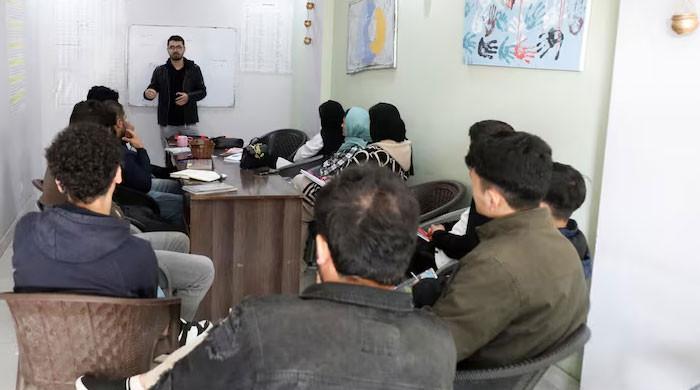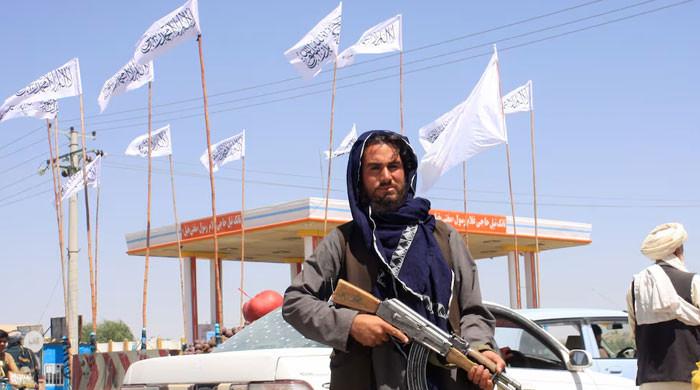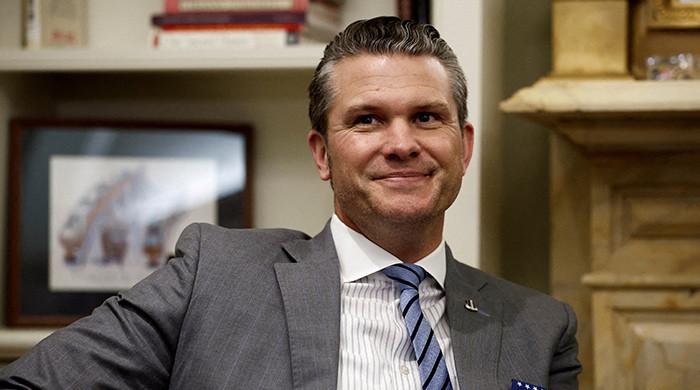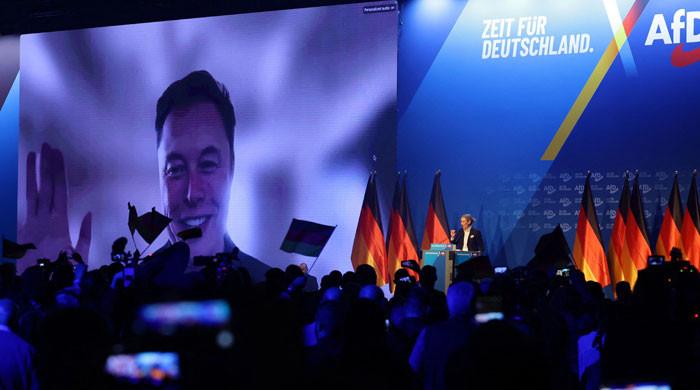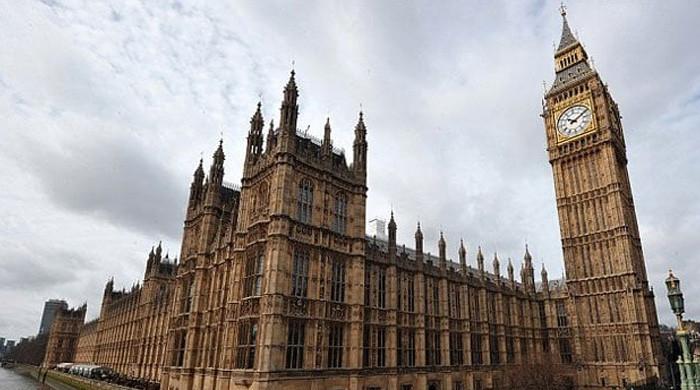Former Chinese President Jiang Zemin dies aged 96
Jiang Zemin was plucked from obscurity to head China's ruling Communist Party after Tiananmen crackdown
November 30, 2022
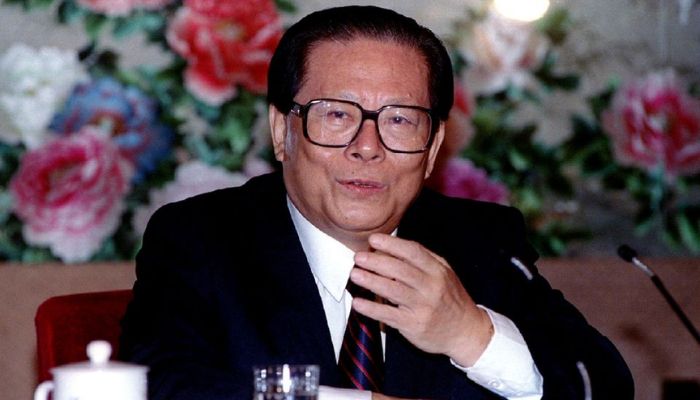
BEIJING: Former Chinese President Jiang Zemin died on Wednesday at the age of 96 of leukaemia and multiple organ failure, Chinese state media reported.
Jiang died at 12:13 pm (0413 GMT) in his home city of Shanghai, the official Xinhua news agency said, publishing a letter to the Chinese people by the ruling Communist Party, parliament, Cabinet and the military announcing the death.
"Comrade Jiang Zemin's death is an incalculable loss to our Party and our military and our people of all ethnic groups," the letter read, saying the announcement was made with "profound grief".
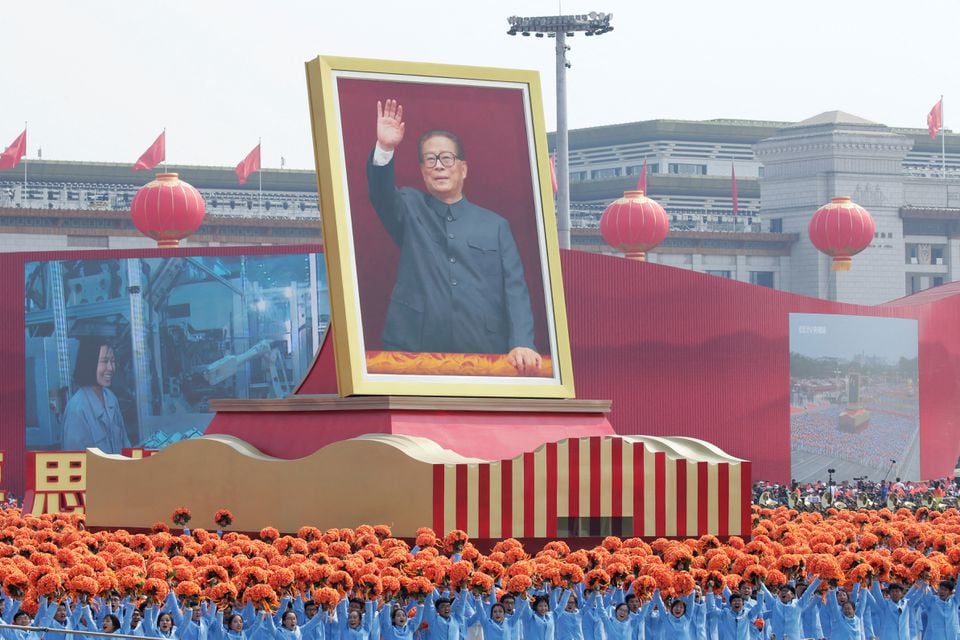
It described "our beloved Comrade Jiang Zemin" as an outstanding leader of high prestige, a great Marxist, statesman, military strategist and diplomat and a long-tested communist fighter.
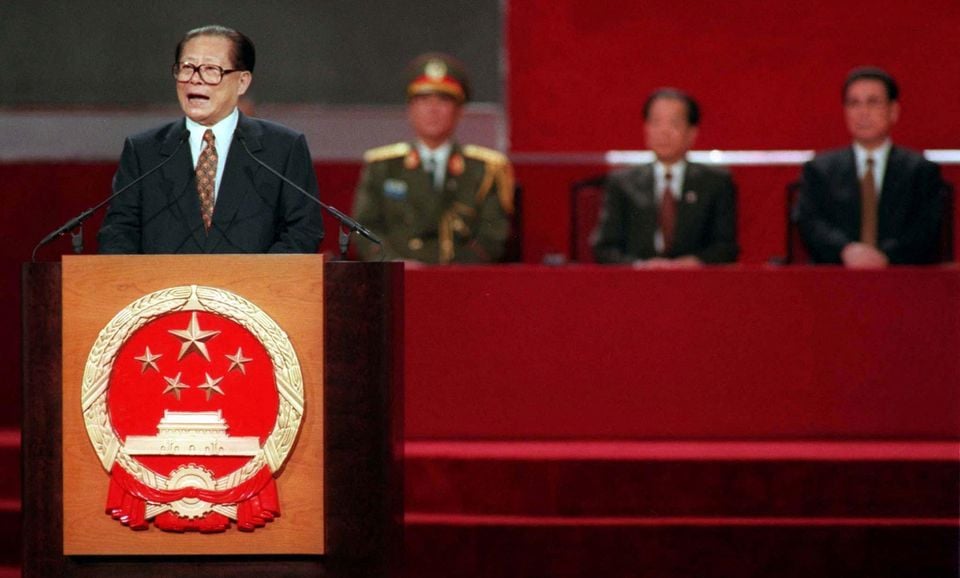
Jiang was plucked from obscurity to head China's ruling Communist Party after the bloody Tiananmen crackdown on pro-democracy protesters in 1989, but broke the country out of its subsequent diplomatic isolation, mending fences with the United States and overseeing an unprecedented economic boom.




